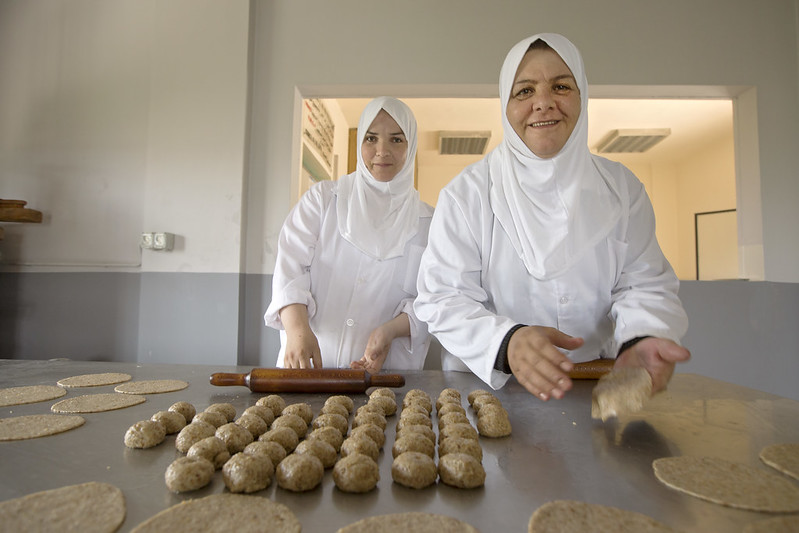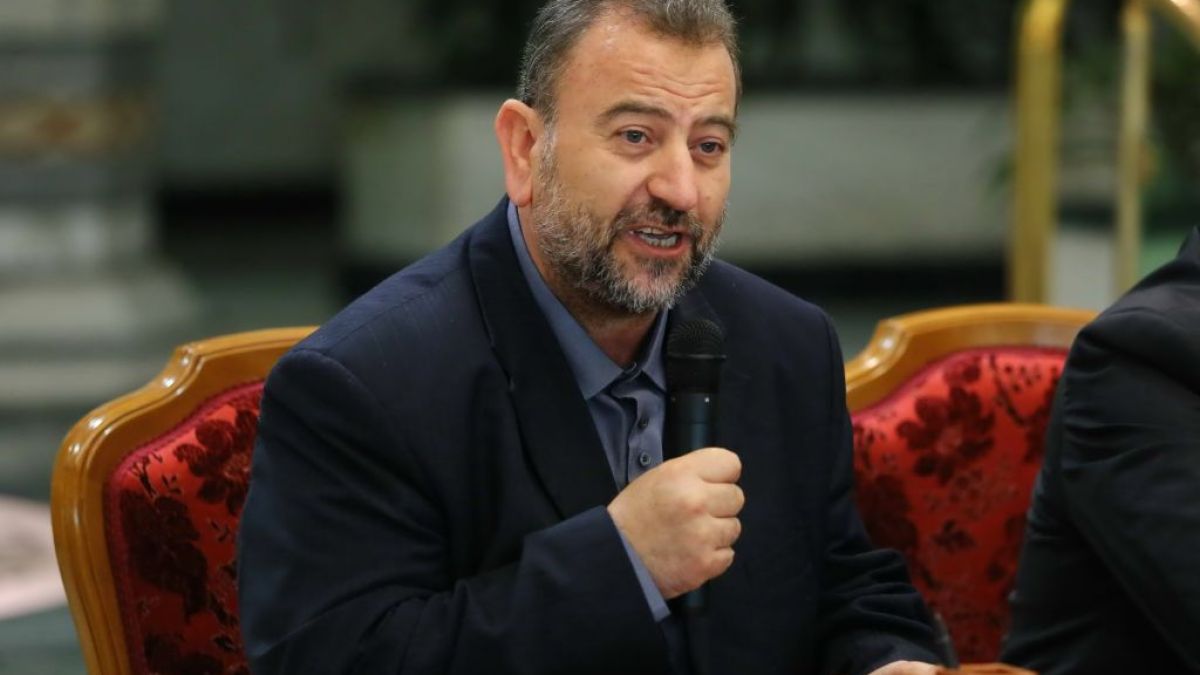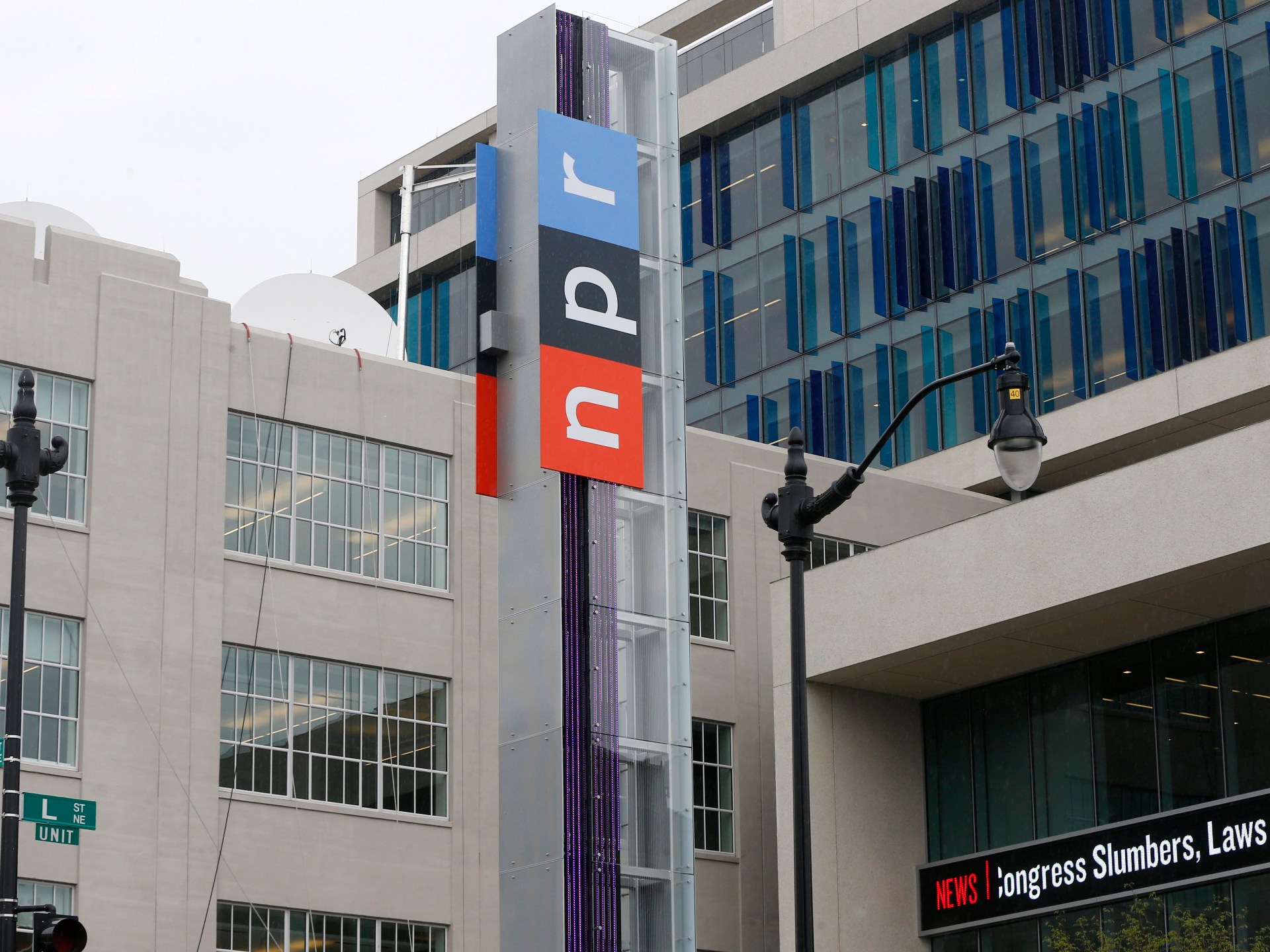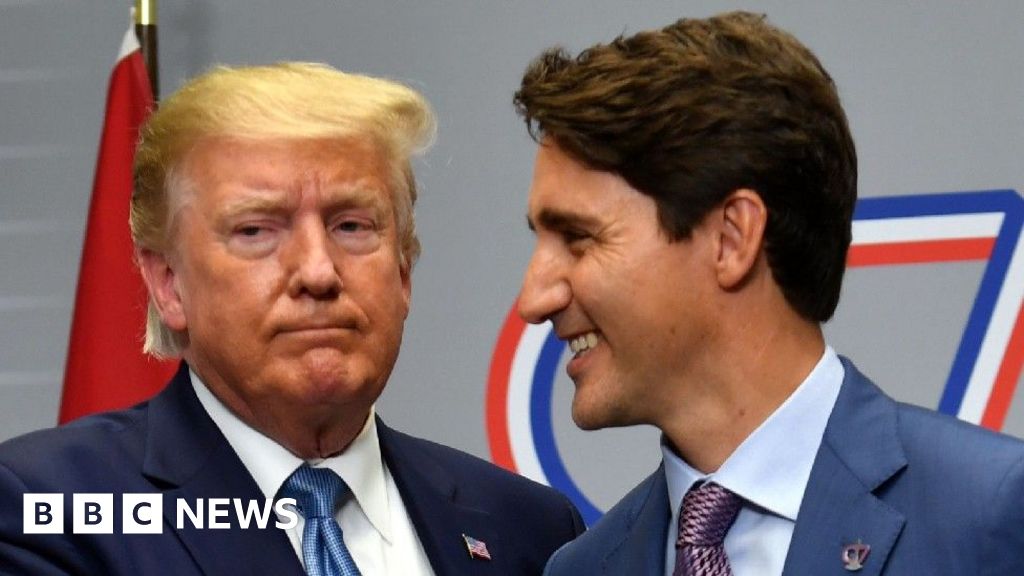Gender Central to Parliamentarians Programme of Action — Global Issues
JOHANNESBURG, Feb 23 (IPS) – The post-COVID-19 period has been a crucial one for members of parliament who have their work cut out to ensure that issues that arose during the pandemic are addressed, especially concerning the ICPD25 commitments and programmes of action for universal access to sexual and reproductive rights, gender-based violence and building peaceful, just and inclusive societies. Across the world, progress toward achieving the SDGs by 2030 was impacted during the pandemic.
As Dr Samar Haddad, a former member of the Lebanese Parliament and head of the Population Committee at the Bar Association in Lebanon commented at a recent meeting of the Forum of the Arab Parliamentarians for Population and Development (FAPPD): “The main theme for this year is combating gender-based violence, which is a scourge that the entire world suffers from, and its rate has risen alarmingly in light of the economic crisis, bloody stability, wars, and displacement.”
IPS was privileged to interview two members of parliament from the region about how they are tackling GBV, youth empowerment, and women’s participation in politics, society, and the economy.
Here are edited excerpts from the interviews:
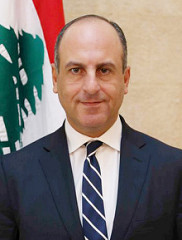
Pierre Bou Assi, MP from Lebanon
IPS:What legislation, budgets, and monitoring frameworks are in place or planned for combating GBV in Lebanon?
Pierre Bou Assi (PA): Lebanon has launched a project to support protection and prevention systems to prevent gender-based violence within the framework of continuous efforts aimed at responding to social and economic challenges in Lebanon and aims to strengthen prevention and monitoring mechanisms for gender-based violence, and support the efforts made by the Public Security Directorate through the Department Family and juvenile protection.
IPS: One of your speakers at a recent conference spoke about rapid population growth, youth, and high urbanization rates. Youth are often impacted by unemployment or low rates of decent employment. What are parliamentarians doing to assist youth in ensuring that the country can benefit from its demographic dividend?
PA: Youth are the pillar of the nation, its present and future, and the means and goal of development. They are the title of a strong society and its future, stressing that the conscious youth (educated and mindful) armed with science and knowledge are more than capable of facing the challenges of the present and the most prepared to enter the midst of the future.
I would like to say that the Youth Committee in the Lebanese Parliament is working on developing a targeted and real strategy that includes advanced programs that are agreed upon by experts and active institutions in this field to consolidate the principles of citizenship, the rule of law and patriotism, and empower the youth politically and economically to achieve their potential and develop and expand their horizons.
In addition, we are expanding youth participation in public life by providing them with opportunities for practical training in legislative and oversight institutions, and refining the participants’ personal skills by informing them of the decision-making process in the Council.
IPS:Looking back at the COVID-19 situation, most countries experienced two clear issues, an increase in GBV and its impact on children’s education. There was also an issue with high levels of violence experienced by children. Are parliamentarians concerned about the COVID impacts on children, and what programs have been implemented to support them?
PA: There is no doubt that Lebanon, like other countries in the world, was affected by the coronavirus pandemic in all aspects of life, including children and its impact on the quality of education, as well as the high level of violence that children were exposed to during that period, as I would like to take a look at the more positive side. We note a number of measures Lebanon took during the pandemic – which included the release of children who were in detention, the strengthening or expansion of social protection systems through cash assistance, and an overall decrease in levels of violence in conflict situations.
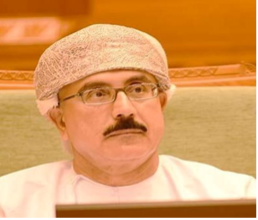
The continuity and safety of learning for all school children, including bridging the digital divide and creating low-cost technology.Implementing a basic package for equitable access to primary health care for children and mothers.Expanding the scope and appropriateness of infant and young child feeding programs and general educational messages.Expanding social protection systems to reach the most affected children and families through cash transfer programmes.Enhancing government budgetary allocations and public funding for social sectors, with a special focus on health care and education. Hmoud Al-Yahyai, MP from Oman.
Hmoud Al-Yahyai, MP from Oman
Al-Yahyai spoke to IPS about the development of a human-rights-based framework. The interview followed a meeting with the theme “Human Rights and their relationship to the goals of sustainable development. The meeting was held by the Omani Parliamentary Committee for Population and Development in cooperation Omani National Commission for Human Rights, the Forum of Arab Parliamentarians for Population and Development (FAPPD), and the Asian Population and Development Association (APDA) on “Human Rights and their relationship to the goals of sustainable development.”
IPS: How is Oman working towards a human rights-based legislative framework, and what role are parliamentarians taking to ensure implementation? What role does Oman Vision 2040 play in this?
Hmoud Al-Yahyai (HY): The government of the Sultanate of Oman has integrated the sustainable development goals into national development strategies and plans and made them a major component of the long-term national development strategy components and axes known as Oman Vision 2040. The strategy is enhanced by broad societal participation when designing and implementing it and evaluating the plans and policies set. And we, as parliamentarians, make sure, as stated in the voluntary national report, (to provide oversight of) the government’s commitment to achieving the goals of sustainable development, with its three dimensions, economic, social, and environmental, within the specified time frame.
I commend the efforts of the Sultanate of Oman in implementing the goals of sustainable development through several axes, including the pillars of sustainable development, implementation mechanisms, progress achieved, and future directions for the localization of the sustainable development agenda in the short and medium term, and the consistency of Oman Vision 2040.
The Sultanate of Oman reviewed its first voluntary national report on sustainable development at the United Nations headquarters as part of its participation in the work of the UN Economic and Social Council.
Sustainability is crucial to Sultanate, emphasizing that development is not an end in itself, but aimed at building up its population.
Future directions for the localization of the SDGs in the short and medium term are represented on five axes, which include raising community awareness, localizing sustainable development, development partnerships, monitoring progress and making evidence-based policies, and institutional support.
The axes for sustainable development are human empowerment, a competitive knowledge economy, environmental resilience through commitment and prevention, and peace. These form the pillars for sustainable development through efficient financing, local development, and monitoring and evaluation.
Oman has adopted a coordinated package of social, economic, and financial policies to achieve inclusive development based on a competitive and innovative economy. This is being worked upon toward Oman Vision 2040 and its implementation plans, through a set of programs and initiatives that seek to localize the development plan toward achieving the SDGs 2030 and beyond.
IPS: What role do women play in your legislative framework, and do they play a role in ensuring, for example, SRHR rights?
HY: The Sultanate has taken many positive measures to sponsor women. The Sultanate’s policies towards accelerating equality between men and women stem from the directives of the Sultan and his initiatives to appoint women to high positions, to feminize the titles of positions when women fill them, and to grant them political, economic, and social rights.
Women benefit from support in the
- Social field: through comprehensive social insurance and social security system.
- Political field: through the appointment of female ministers, undersecretaries, and ambassadors, and in the field of public prosecution.
- Economic field: through labor and corporate law.
- Cultural field: through the system of education and grants.
There are many programs geared or dedicated to women. The government has begun to circulate and implement a program to support maternal and childcare services at the national level to reduce disease and death rates by providing health care for women during pregnancy, childbirth, and postpartum and encouraging childbirth under medical supervision.
IPS: What are the achievements of Oman in reaching SDG Target 3.7 (Sexual and reproductive health by 2030, ensure universal access to sexual and reproductive healthcare services, including family planning, information and education, and the integration of reproductive health into national strategies)?
HY: In this regard, a campaign was launched on sexual and reproductive health in the Sultanate due to its positive impact on public health and society. This campaign confirms that reproductive health services are an integral part of primary health care and health security in the country and that it has long-term repercussions on health and social and economic health. Family planning is one of the most important of these services because, if it is not organized, it constitutes a social bomb that can hit everyone, whether a citizen or an official. Therefore, we must take proactive preventive steps.
IPS UN Bureau Report
Follow @IPSNewsUNBureau
Follow IPS News UN Bureau on Instagram
© Inter Press Service (2023) — All Rights ReservedOriginal source: Inter Press Service
Check out our Latest News and Follow us at Facebook
Original Source

